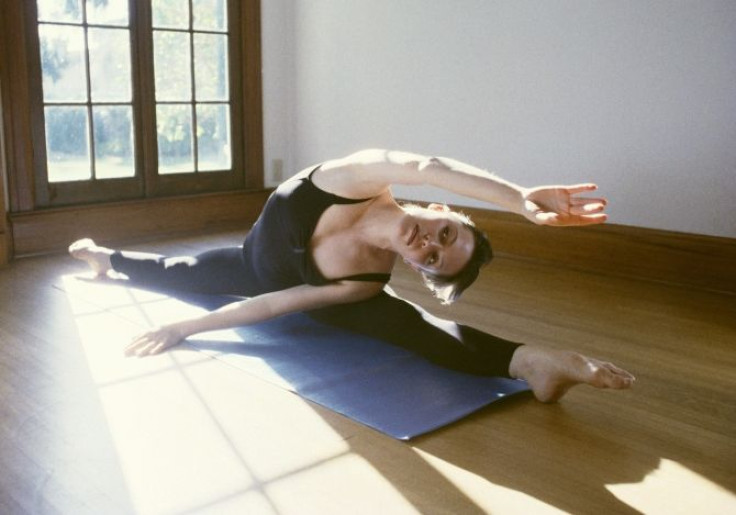12 Minutes of Yoga a Day Can Help Reduce Stress

Yoga, which has become a popular form of exercise, is a Hindu spiritual and ascetic discipline that includes breathing techniques, meditation, and non-aerobic forms of exercise. New research finally reveals evidence supporting why yoga is known to reduce stress.
As many would assume, caring for someone suffering from dementia can be very stressful. Scientifically, older adults who care for dementia patients display higher levels of biological markers of inflammation, as well as higher levels of stress, depression and lower levels in satisfaction, and life in general. Family members of dementia patients also are at risk of stress-related conditions and a decline in health.
According to lead study author Dr. Helen Lavretsky, professor of psychiatry at UCLA's Semel Institute for Neuroscience and Human Behavior, in the decades to come the U.S. population will have aged showing an importance of dementia and even more importance of the family and caregivers of those suffering from Alzheimer's and other mental disorders. Presently there are an estimated five million Americans who provide care for patients suffering from dementia.
The study consisted of 45 families who were randomized into two groups. The first group was trained to do 12-minute Kirtan Kriya Meditation (KKM), a form of yoga, which they performed at the same time for eight weeks. While, the other group was instructed to relax in a quiet place, listening to instrumental music on a relaxation CD for 12 minutes during their eight weeks. Blood samples were taking prior to the study and afterwards.
Results showed that 68 genes, from dementia caregivers, displayed a decrease in inflammation after participating in KKM yoga practices.
"The goal of the study was to determine if meditation might alter the activity of inflammatory and antiviral proteins that shape immune cell gene expression," Lavretsky said. "Our analysis showed a reduced activity of those proteins linked directly to increased inflammation."
The study was published in Psychoneuroendocrinology.



























